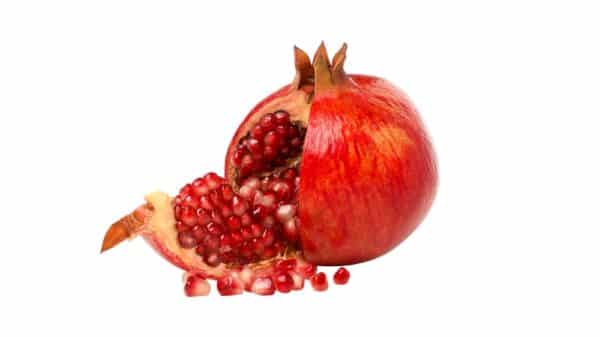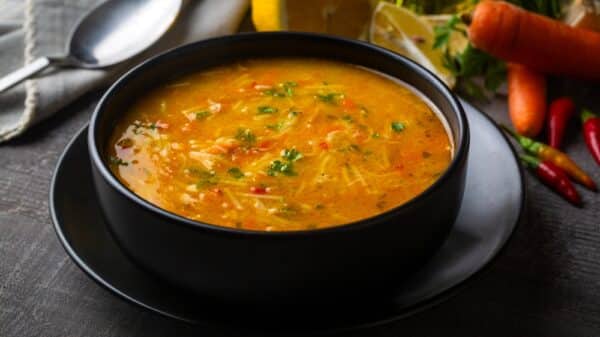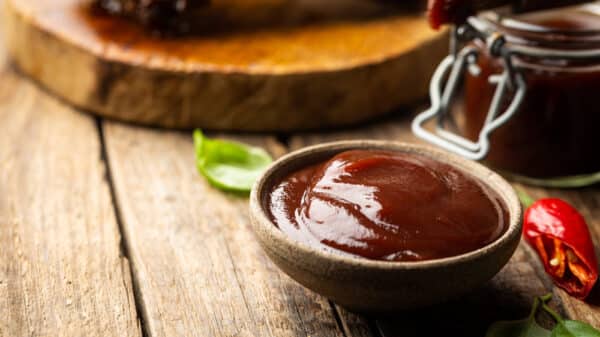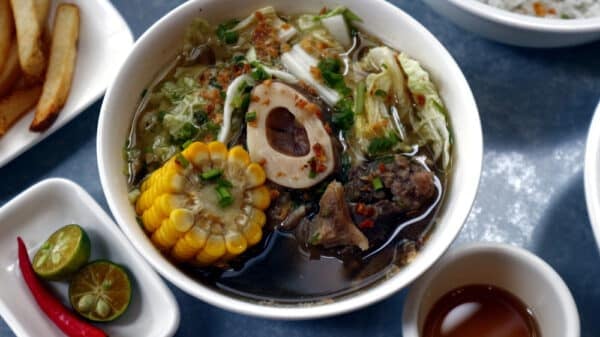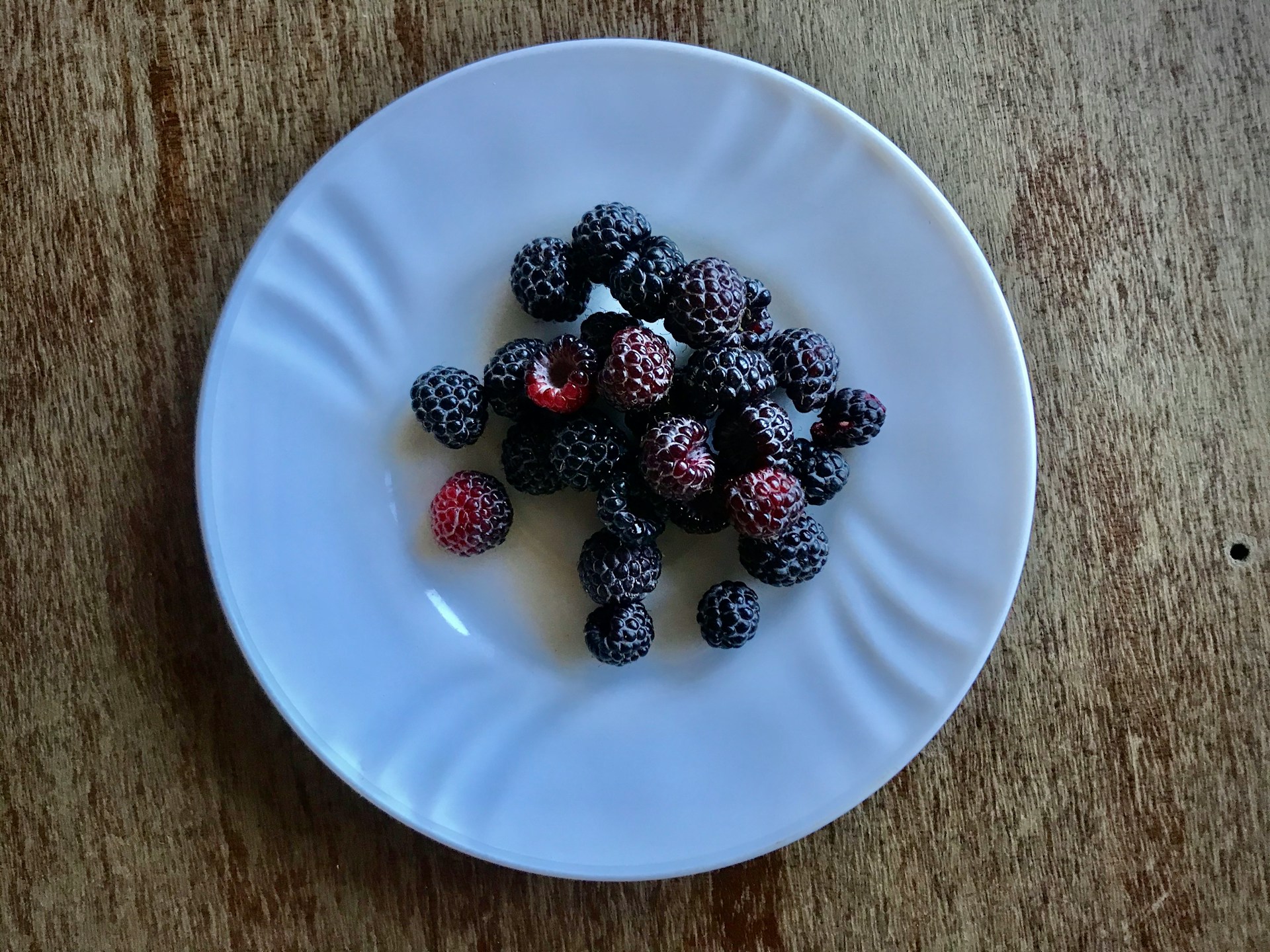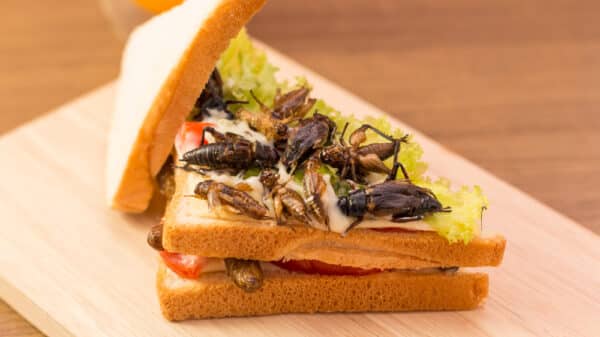In the United States, cancer affects a significant portion of the population, with statistics showing that one in two men and one in three women will face a cancer diagnosis at some point in their lives. While factors like genetics and age play a role, many lifestyle choices, especially dietary habits, can influence cancer risk. Emphasizing a plant-rich diet—composed of fruits, vegetables, whole grains, legumes, nuts, and seeds—has shown potential in reducing the risk of various cancers.
The Role of Fruits in Cancer Prevention
Fruits, often misjudged for their sugar content, actually provide several health benefits due to their natural sugars, fibers, and essential nutrients. According to Ryan Yates, a registered dietitian and cancer exercise specialist, fruits offer unique phytochemicals and antioxidants that contribute to cancer prevention. Omitting fruits from the diet equates to missing vital nutrients that can enhance overall health and potentially mitigate cancer risk.
Exploring Nutrient-Dense Fruits
Utilizing a variety of colorful fruits not only enriches dietary intake but also ensures a diverse range of nutrients. Here are some fruits that stand out in cancer prevention:
1. Blueberries
Blueberries are noted for their high content of anthocyanins, which may help prevent DNA damage and slow down cancer progression. Research suggests that these compounds are also linked to reduced inflammation. Additionally, blueberries provide fiber, contributing to digestive health and potentially lowering the risk of colorectal cancer through gut microbiome modulation. These versatile fruits can enhance smoothies, oatmeal, or whole-grain pancakes.
2. Avocados
Often considered a superfood, avocados are rich in monounsaturated fats and fiber. They offer nourishment for gut bacteria and help mitigate inflammation. A long-term study indicates that men consuming avocados at least once a week saw a significant reduction in cancer risks, including colorectal and bladder cancers. Incorporating avocado into meals can be as simple as adding it to toast or mixing it into burrito bowls.
3. Apples
Apples contain phenolic compounds recognized for their antioxidant and anti-inflammatory properties. They contribute to a notable fraction of our dietary phenol intake. The flavonoid quercetin found in apples is linked to potential anticancer effects, although further human studies are warranted to validate these findings. Eating apples with their skin maximizes fiber intake, making them an ideal snack paired with nut butter or added to overnight oats.
4. Red Grapes
Rich in polyphenols, red grapes may possess qualities that can hinder cancer cell growth. Various compounds found in grapes, including resveratrol and anthocyanins, contribute to their health benefits. For those who prefer green grapes, they still offer similar benefits. Grapes can serve as a refreshing stand-alone snack or be combined with nuts or yogurt for a nutrient-dense treat.
5. Kiwi
Kiwi is highly regarded for its vitamin C content, exceeding 100% of daily requirements in just two fruits. This nutrient plays a pivotal role in immune function and collagen formation, essential for overall health. Kiwis can be enjoyed alone or incorporated into fruit salads for added nutritional diversity.
Tips for a Cancer-Preventive Lifestyle
Beyond incorporating these fruits into your diet, it is crucial to maintain an overall healthy lifestyle. Limiting alcohol intake, engaging in regular exercise, and diligently participating in cancer screenings are cornerstone practices that dovetail with dietary changes to further reduce cancer risk.
Conclusion
Adopting a plant-rich diet centered around fruits not only offers delicious options but also fosters improved health outcomes, particularly concerning cancer risk. By integrating a variety of fruits into your daily meals, you pave the way for a nutrient-dense and health-promoting lifestyle. Embrace these fruits and the health benefits they carry for a proactive approach to wellness.
Image Source: Unsplash












